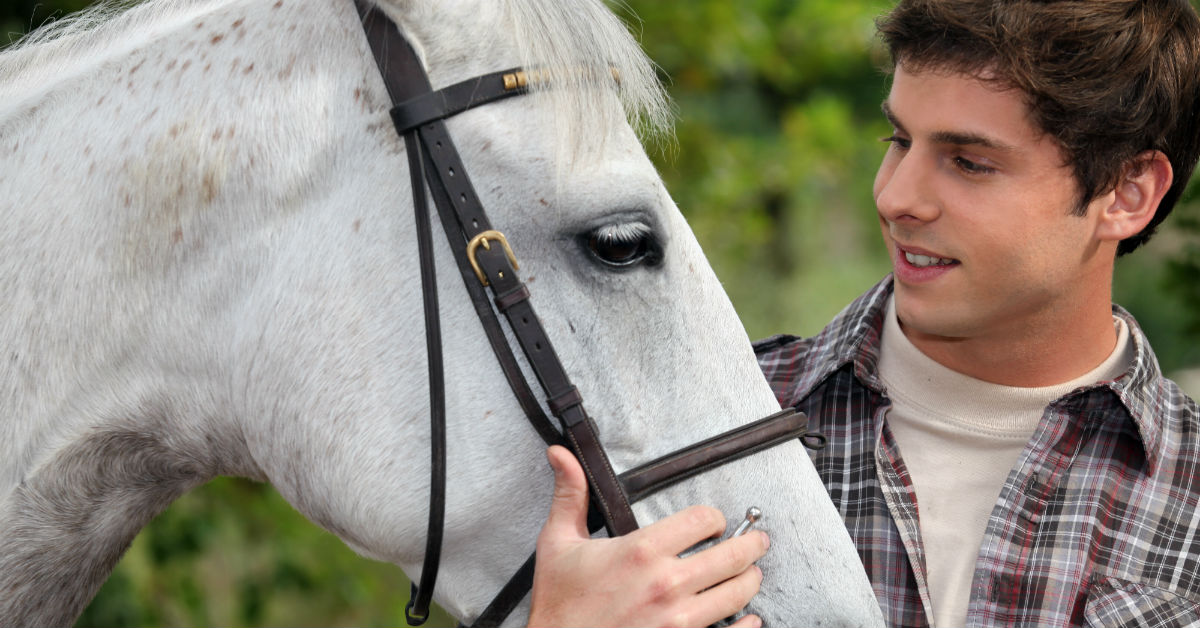When parents have decided that their troubled teen needs full-time help, they often turn to residential treatment centers, therapeutic boarding schools and other teen help programs like wilderness camps and work ranches. There, they hope their troubled teen will get professional therapy regularly and learn to work through their issues and start the healing process. Work ranches in particular offer many teens the opportunity to develop skills they need to transition to the adult world.
Here are 5 life changing skills learned at a ranch for troubled youth:
1. New Coping Skills
Many times, students who first visit a therapeutic boarding school or ranch don’t understand the reasons why they behave or act the way they do. through therapy, teens learn about the underlying issues that are causing their bad behavior, and learn new coping skills to overcome them. Whether its ADD/ADHD, depression, anxiety, abuse trauma or something else, learning new coping skills will help them change their lives for the better.
2. Life Assessment
As teens start on the road to recovery, they work with licensed therapists who have lots of experience in working with teens. During these individual and group therapy sessions, teens are able to set goals for themselves, figure out what they want to do and become, and are given the tools to begin that journey. Making new friends, learning new skills and expanding their education are definitely ways that teens reassess life.
3. Success in Academics
Getting a high school diploma is the first step in being a productive member of society and learning how to do school right is a big part of life on a ranch or therapeutic boarding school. Most of the teachers at these kinds of schools actually are trained in special education so they can work with each teen according to their needs. From college prep to vocational training, success in academics is a lifelong pursuit that teens learn long after high school.
4. Caring for Others
Troubled teens are notoriously selfish and self-centered and they quickly lose sight of the importance of service. At ranches, teens learn to take care of animals, equipment, and each other. Many therapeutic boarding schools also have volunteer and service activities to give students a chance to really forget about themselves and do something for another. this life skill of being able to look at someone and assess their needs is a key part of building and keeping healthy relationships.
5. Positive Relationships
At a teen ranch, there’s a community of caring individuals who have no preconceived ideas about the troubled teens that attend. Teens can start from scratch and build healthy relationships with teachers, staff and peers. Many ranches incorporate recreational therapy, canine therapy, equine therapy, art therapy and more to strengthen their relationships and give them the self-respect and self-esteem they need to interact with others.
Parents who put their troubled teens in a teen ranch therapeutic boarding schoolwill be pleased at the life skills their children pick up. working toward a positive future, troubled teens know that at a teen ranch, they will develop the skills they need to come out on top.











0 Comments